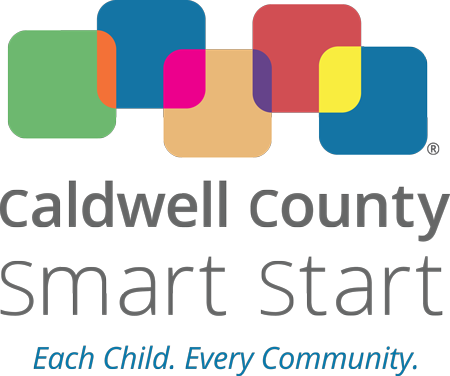Smart Start in North Carolina
Smart Start is North Carolina's nationally recognized and award-winning early childhood initiative designed to ensure that young children enter school healthy and ready to succeed.
Smart Start is a public-private initiative that provides early education funding to all of the state's 100 counties. Smart Start funds are administered at the local level through local nonprofit organizations called Local Partnerships. The North Carolina Partnership for Children (NCPC) is the statewide nonprofit organization that provides oversight and technical assistance for local partnerships. Services at the local level range depending on local needs. Funding for Smart Start is currently $192 million in state funds. Smart Start has raised more than $200 million in donations since it began.
Currently, 82 local partnerships are established throughout the state to administer funding and programs. Smart Start funds are used to improve the quality of child care, make child care more affordable and accessible, provide access to health services and offer family support. Smart Start has achieved tremendous results in these areas and continues to strive to reach all children in North Carolina.
Smart Start has garnered much national recognition and is considered a model for comprehensive early childhood education initiatives. In 2001, the NCPC established a National Technical Assistance Center to assist other states with the development of an early education initiative.
Frequently Asked Questions
Smart Start is North Carolina’s nationally-recognized initiative to ensure that every child reaches his or her potential and is prepared to succeed in a global community. Smart Start helps working parents pay for child care, improves the quality of child care, and provides health and family support services in every North Carolina county.
Smart Start measurably increases the health and well-being of young children birth to five, building the foundation for all future learning, by:
-
Improving children’s early care and education programs so that they are safe, healthy and provide opportunities for children to learn skills they need for success in school.
-
Providing parents with tools that support them in raising healthy, happy, successful children.
-
Ensuring that children have access to preventive health care
